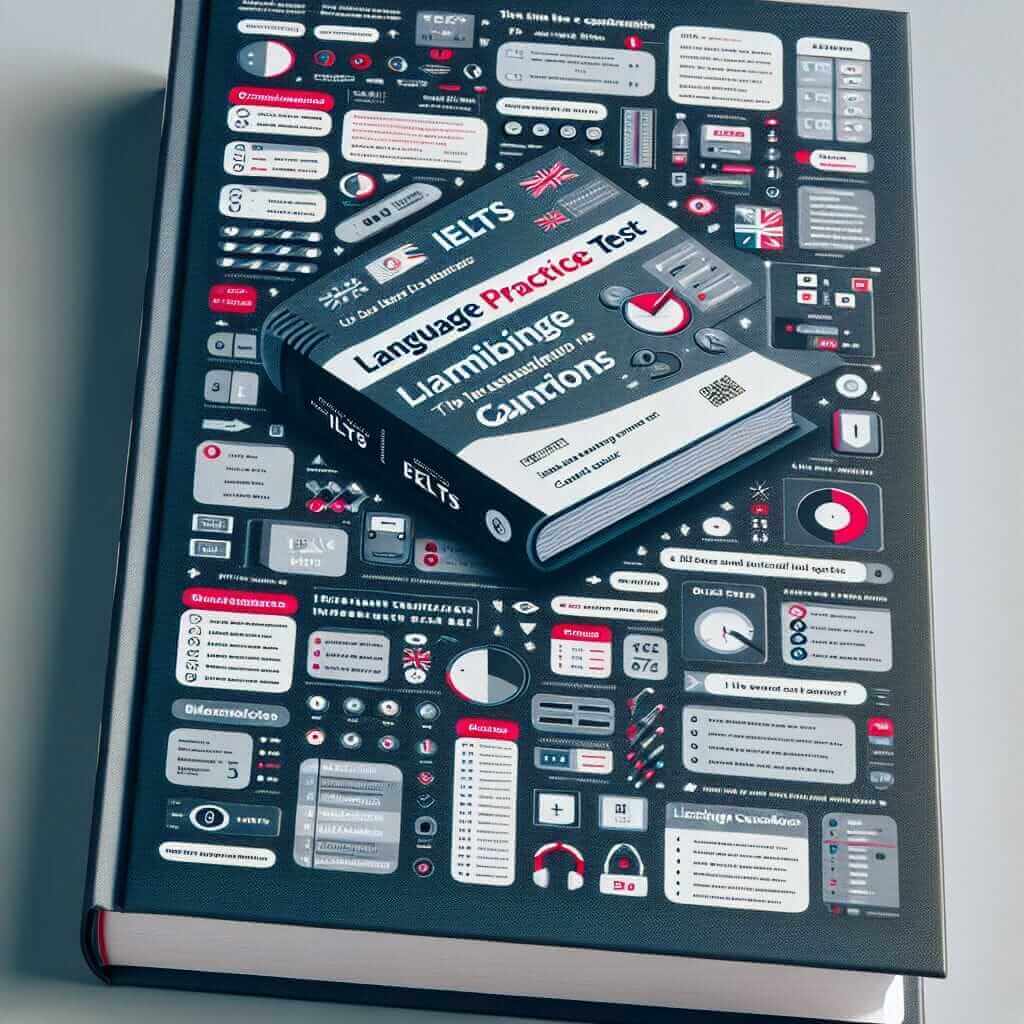As an IELTS instructor with over 20 years of experience, I often encounter students who are unsure about the best resources for self-study. One question that frequently arises is, “What is Cambridge IELTS meant for self-study?” This comprehensive guide will delve into the world of Cambridge IELTS, exploring its purpose, benefits, and how to maximize its effectiveness for your IELTS preparation.
Understanding Cambridge IELTS
Cambridge IELTS, a series of official IELTS practice test books, offers a treasure trove of authentic exam papers. These books are developed by Cambridge Assessment English, the same organization that creates the IELTS test.
But are these books simply for practicing exam questions? While that’s a crucial aspect, Cambridge IELTS offers much more than just practice tests. It serves as a window into the intricacies of the IELTS exam, providing invaluable insights into:
- Exam Format: Familiarize yourself with the structure, timings, and question types of each IELTS module.
- Content and Skills Assessed: Gain a clear understanding of the topics, vocabulary, and grammar structures commonly tested.
- Assessment Criteria: Each book includes band descriptors that illustrate how responses are scored, allowing you to identify your strengths and areas for improvement.
How to Effectively Use Cambridge IELTS for Self-Study
To maximize the benefits of Cambridge IELTS for self-study, consider these strategies:
1. Familiarization and Diagnostic:
Begin with a diagnostic test from a Cambridge IELTS book. This will help you gauge your current English language proficiency and identify your strengths and weaknesses in relation to the four IELTS modules: Listening, Reading, Writing, and Speaking.
2. Strategic Practice:
Don’t just rush through the practice tests. Instead, approach each one strategically:
- Time Management: Replicate actual exam conditions by timing yourself strictly. This helps you develop effective time management skills, crucial for success in the IELTS.
- Analysis and Reflection: After completing each test, thoroughly analyze your performance. Identify areas where you lost marks and understand why. Refer to the answer key and band descriptors to understand the examiner’s expectations.
3. Focused Skill Development:
Based on your diagnostic test results and practice test analysis, identify specific areas that need improvement. Utilize the targeted practice activities and sample answers provided in the Cambridge IELTS books to enhance your skills in those areas. For instance, if you’re struggling with IELTS Writing Task 2 essays, focus on practicing different essay types, brainstorming ideas, and structuring your responses effectively.
4. Vocabulary and Grammar Enhancement:
Pay close attention to the vocabulary and grammar used in the reading and listening materials, as well as in the sample answers for the writing and speaking tasks. Make note of unfamiliar words and grammar structures and actively try to incorporate them into your own language practice.
Example from Cambridge IELTS
Let’s look at an example from the Cambridge IELTS 14 Listening test:
Question Type: Multiple Choice
Recording: A conversation between a student and a university accommodation officer
Question: What type of accommodation does the student prefer?
- A. Shared apartment
- B. Single room in a residence hall
- C. Homestay with a local family
Tip: Before listening, carefully read through the question and options. This helps you anticipate the information you need to listen for.

Tips for Success:
- Consistency is Key: Dedicate regular time to IELTS preparation using Cambridge IELTS materials.
- Active Learning: Don’t just passively read through the materials. Actively engage with the content by taking notes, summarizing key points, and practicing speaking and writing responses.
- Seek Feedback: If possible, ask an experienced IELTS instructor or English tutor to provide feedback on your writing and speaking tasks.
Conclusion
Cambridge IELTS books are invaluable resources for self-study, providing authentic practice materials and insights into the IELTS exam. By utilizing them effectively, you can become familiar with the test format, identify your strengths and weaknesses, and develop the necessary skills to achieve your desired band score. Remember, consistent practice and strategic learning are key to unlocking your full potential in the IELTS exam.